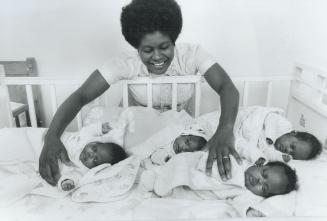Wrong, and both groups would likely agree on that point. Neither is it true that all Muslims are the same. Of the over 1.5 billion Muslims in the world, around 85 percent of them are a sect called Sunni and 15 percent of them are a sect called Shia.
The split is an ancient one—1,387 years old, to be precise. But even today, it threatens the stability of the entire Middle East and offers context to many headlines we see in world news.
So how did this world religion end up with two major sects? It all started when Muhammad, the prophet and founder of Islam, died.
The Dispute Over Muhammad’s Successor
When Muhammad died in AD 632, a great dispute arose over who would claim his position as the leader of the new religion. Islam was more than a private religion—it dictated social and political events. The successor to Muhammad would have powerful influence over society, government and trade.
Some people thought anyone with qualifications could take over. These were the followers of “the way” (sunna) of Muhammad, and they became known as Sunni Muslims. They insisted Muhammad’s father-in-law and friend Abu Bakr take control.
Others believed that only someone from Muhammad’s family would be the rightful leader. This camp favored Muhammad’s cousin and son-in-law, Ali ibn Abi Talib, and they became known as the shi’atu Ali (“party of Ali”), or Shiite Muslims.
In the end, the majority Sunni sect got their way and Abu Bakr became the first official successor, or caliph, to the prophet Muhammad. Even so, the Shiites did not recognize Abu Bakr as legitimate and held fast to their conviction about their allegiance to Muhammad’s descendants whom they called Āl al-Bayt, the “family of the house.”
The Shiite-favorite Ali had two sons named Hasan and Husayn. After Ali and his son Hasan’s deaths, Husayn took over as the spiritual leader of Shiite Islam until AD 680 when he was killed by Sunni Muslims during a battle in Karbala, Iraq. This battle and the death of Husayn is a bitter memory for Shiite Muslims. Even centuries later, this martyrdom and the issue of rightful leadership over Islam is still the heart of the Sunni-Shiite divide.
Similarities and Differences in Religious Practice
Both sects maintain the foundational beliefs and practices of Islam. They uphold the Qur’an as the revelation of Allah and hold to Islam’s Five Pillars: giving to the poor, fasting during the month of Ramadan, practicing daily ritual prayers, taking the pilgrimage to Mecca, Saudi Arabia, and professing that there is no God but Allah and Muhammad is his prophet.
Shiite Muslims complete all five daily ritual prayers but squeeze them into three sessions instead of five. When they prostrate for prayer, Shiite Muslims place their face on a clay tablet called a turbah. Many of these tablets are inscribed with the names of Husayn or others from the prophet’s family. For Shiite Muslims, revering the “family of the house” brings you closer to God. Shiites also hold to 10 obligatory acts beyond the basic Five Pillars.
The loss of Husayn and the leadership of Muhammad’s family cast an enduring hue of sadness over Shiite Muslims. They live in mourning, wearing black most of the year. One of the biggest Shiite holidays is the anniversary of Husayn’s death on the holiday named Ashura, the 10th day of the Islamic month of Muharram. On this day, Shiite Muslims in the Middle East and Asia parade in the street, chanting laments at the death of Husayn, wailing loudly and beating themselves. Some even flail themselves with chains and cut their own heads with swords.
The city of Karbala in Iraq is a pilgrimage site for Shiite Muslims, many of whom sell everything they own to visit this sacred battleground. In many locations, they even reenact the battle, believing that the recognition and reenactment of the battle at Karbala gets them closer to God. These commemorations are not limited to the Middle East. Shiite Muslims around the world—even in the United States—remember their troubled past and slain leader.
Sunni Muslims find the Shiite obsession with the house of Muhammad to be a false Islam that places undue veneration on the prophet’s family. Likewise, Shiite Muslims feel Sunnis are not true Muslims. Their sharp disagreements, unreconciled for centuries, result in a fractured Middle East and perpetually unresolved tension.
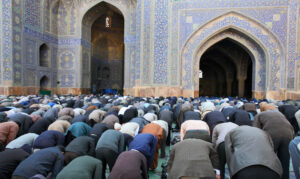
Shiites and Sunnis on the Modern Map
Saudi Arabia and Iran are the leading powers of the two branches of Islam. The heart of Sunni Islam is Saudi Arabia, the birthplace of Islam. Iran is primarily Shiite and has been led by a Shiite Supreme Leader since its Islamic Revolution in 1979. The power play of these two countries causes constant friction within the Middle East.
Some countries in the Middle East have significant numbers of Islamic sectarian minorities. Saddam Hussein was a Sunni dictator in a largely Shiite country. After his death, reports surfaced that some Shiite Muslims present at his death danced and recited their Shiite chants in victory that they had again claimed the land of Iraq. Bahrain currently has a majority-Shiite population yet is led by a Sunni government. Various uprisings over the years complicate attempts to keep peace in the Middle East.
Understanding these tensions is a significant key to unlock headlines that describe ongoing conflicts and tensions among Muslim sects. But it’s not just in the Middle East. Shiite and Sunni Muslims live around the world—perhaps even in your own neighborhood.
Building Meaningful Relationships With Shiite and Sunni Muslims
So how should we engage our Muslim friends and neighbors in light of this context?
First, understand that most Shiite Muslims view themselves as the oppressed minority. Even fervent Shiites who complete the pilgrimage to Mecca often face mistreatment in Saudi Arabia by majority-Sunnis. This should inform our prayers. Pray that those who feel they are oppressed will understand the freedom and peace that comes through faith in Christ.
Second, show practical love to all. Whether Sunni or Shiite, all Muslims living in America are minorities. Kindness can look like showing new neighbors where to shop or where the nearest park is. Simple acts of love can go a long way in changing the way Muslims think about Christians and their Savior. Muslims are now observing Ramadan, the Islamic month of fasting, until June 4. Consider inviting Muslims you know to break their fast at your house for an evening meal.
Third, remember that only the truth about Christ sets us free from bondage to sin. Many Muslims approach conversations confident in their ideas against the gospel. You may find your Sunni friends, for example, quick to attack basic Christian beliefs like the authenticity of the New Testament. Yet when we lovingly share the truth of Christ, they have the opportunity to receive freedom as the Spirit opens their hearts.
We celebrate that truth. It’s the truth of a sinless Savior who took the punishment for our sins so all who trust in him for salvation can be forgiven and received into the family of God. And it’s this good news that unites the church in a call to love, a call to go, and a call to proclaim its truth among all Muslims—Sunni and Shiite.
Source: Churchleaders.com
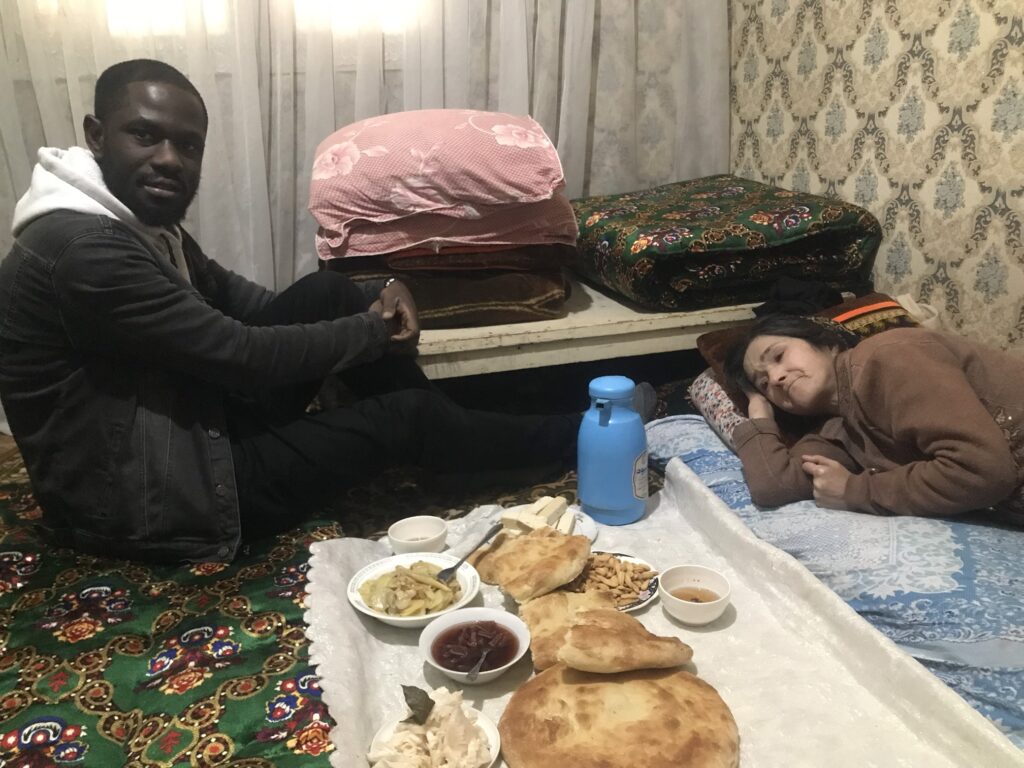
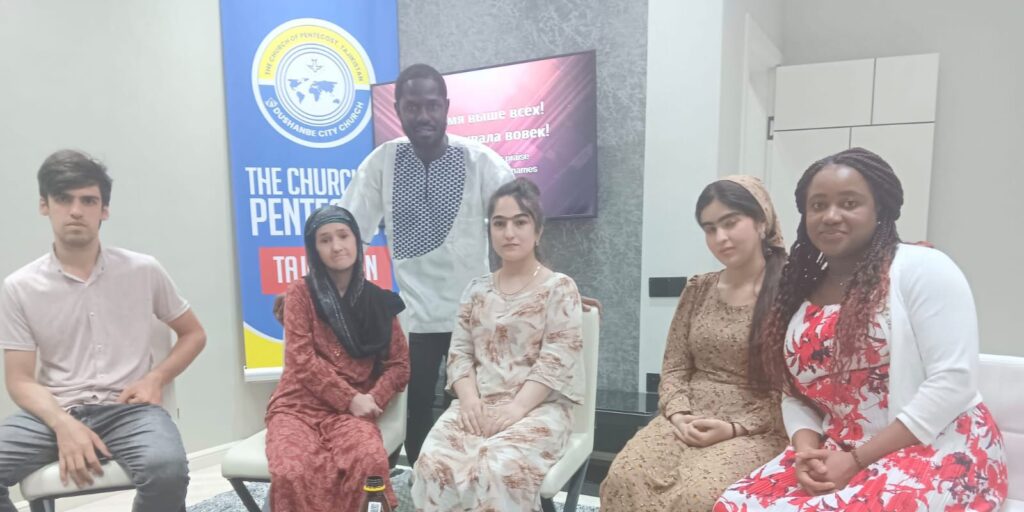


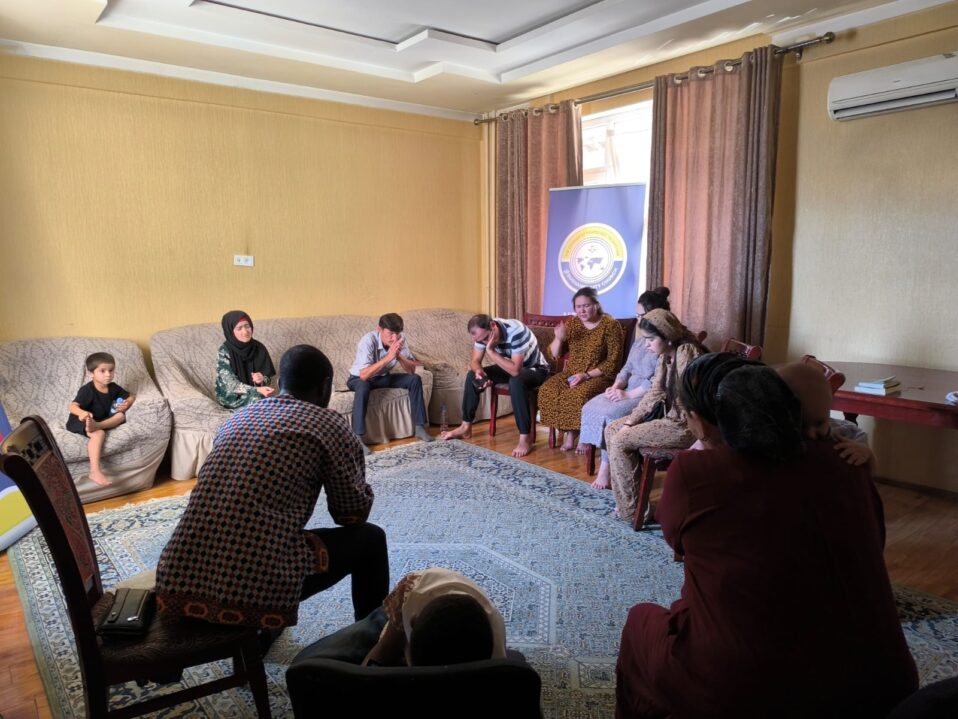
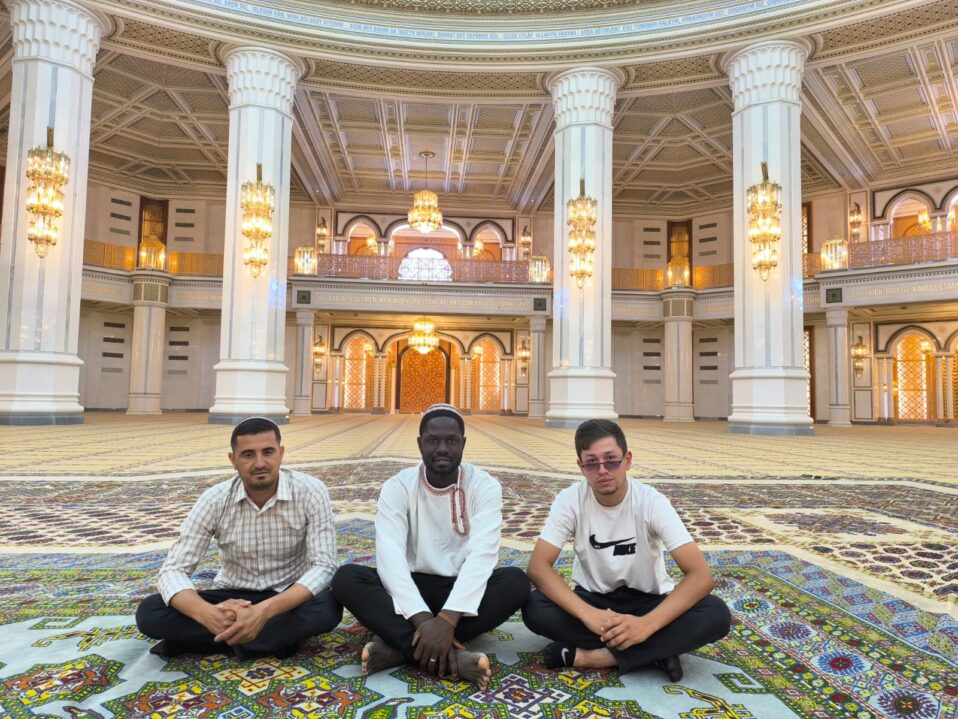
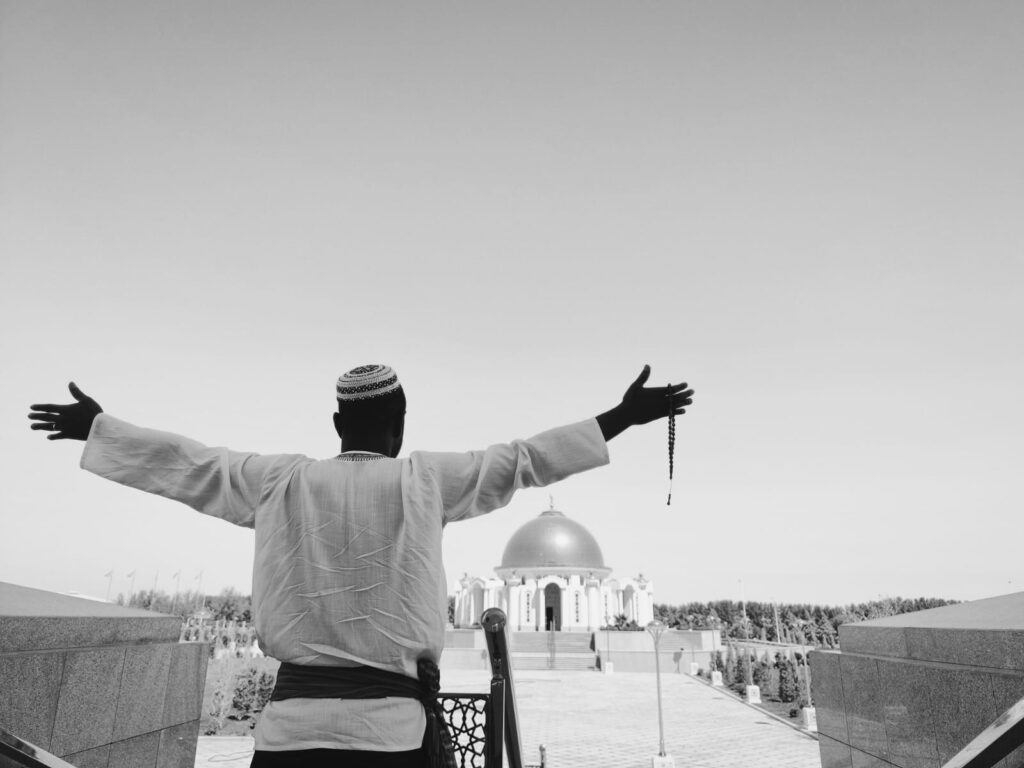
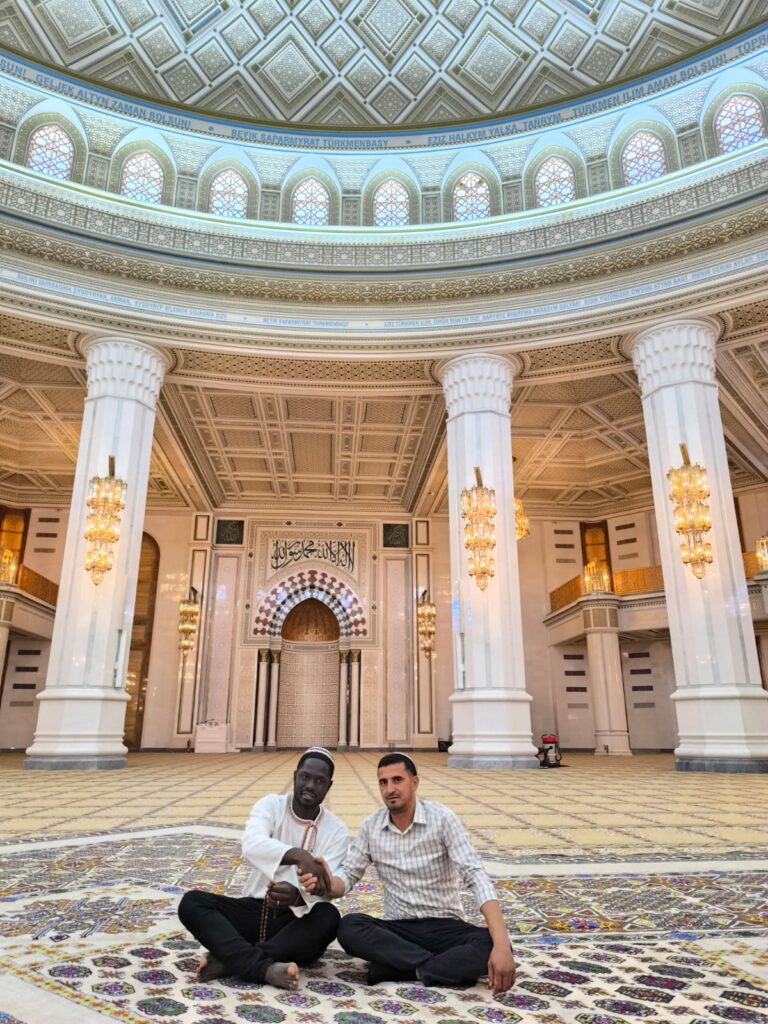
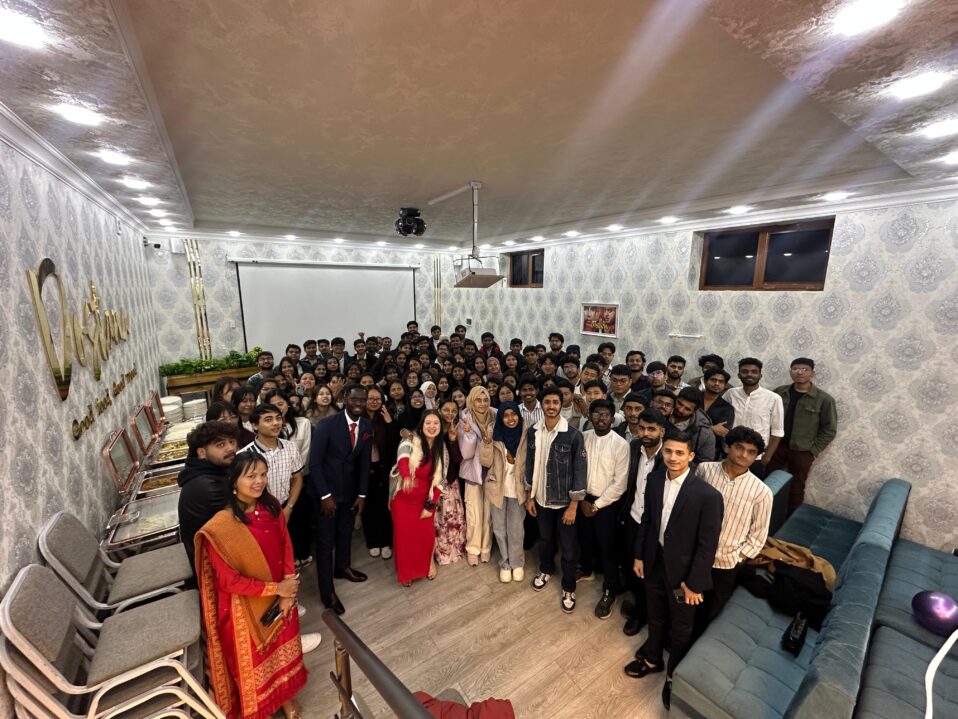
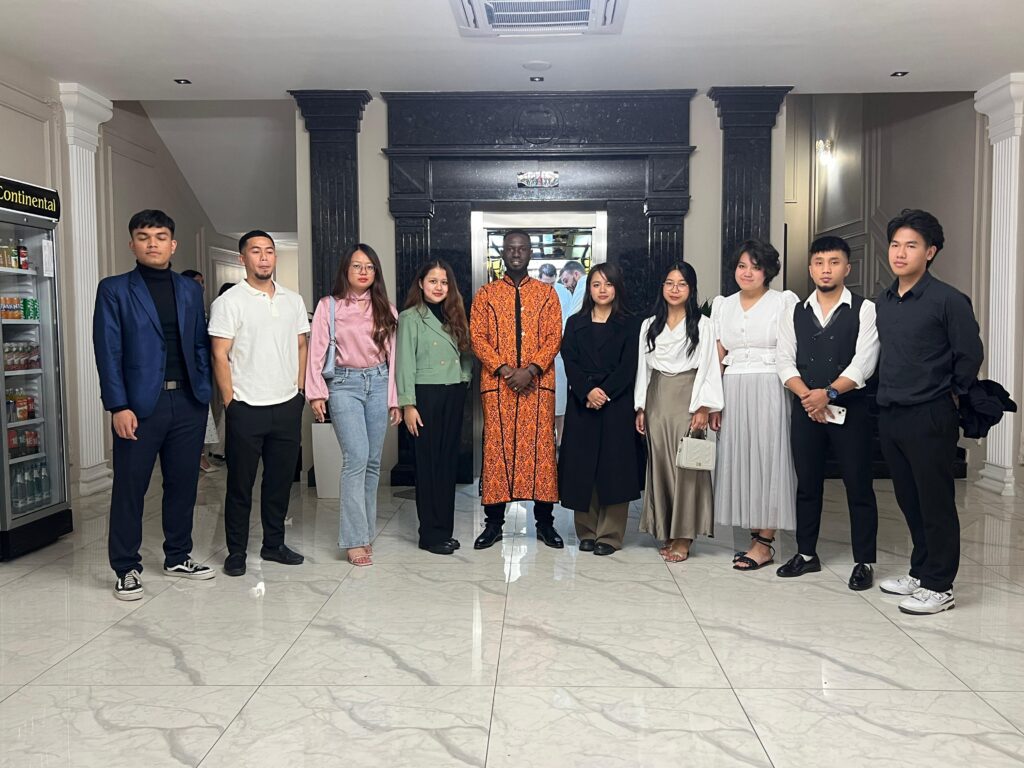
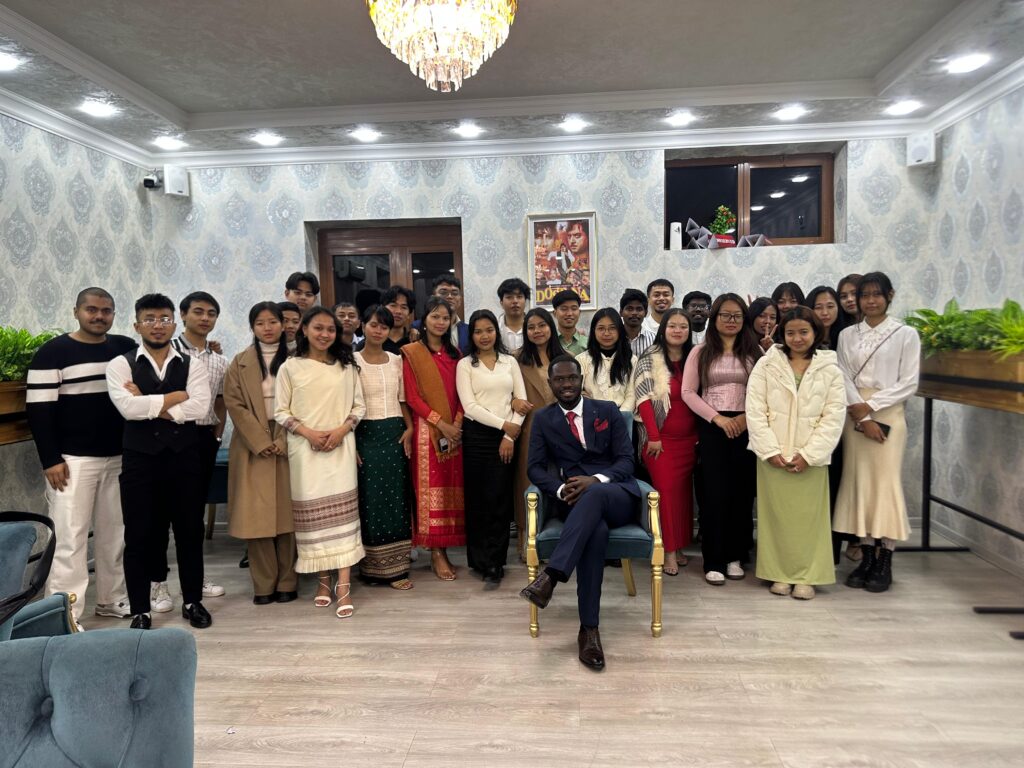
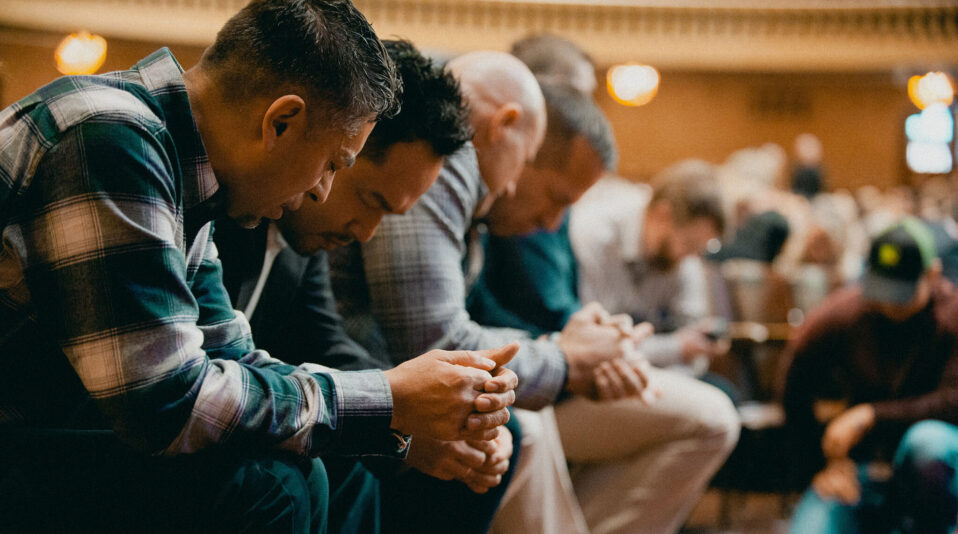

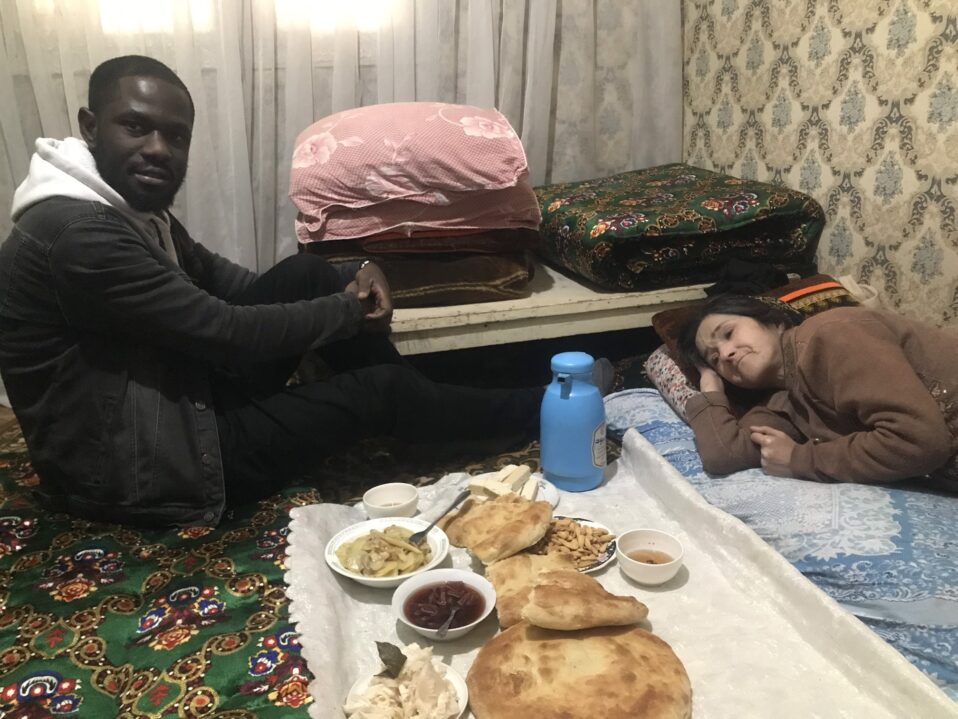
 1. In my quiet time, I will watch for evidence of God’s heart for the nations.
1. In my quiet time, I will watch for evidence of God’s heart for the nations. 4. I will learn about internationals in my community.
4. I will learn about internationals in my community.


